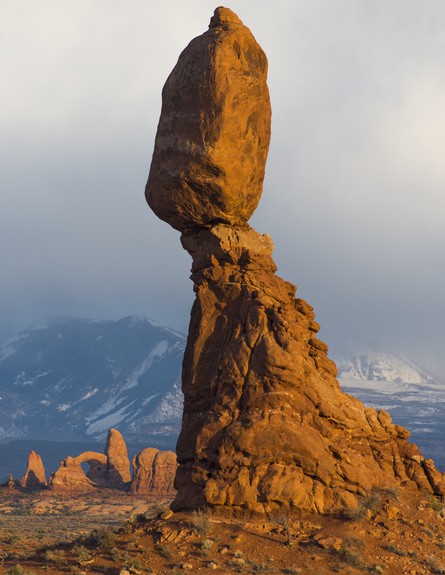לצפייה בתמונה
לחץ כאן
לצפייה בתמונה
There's a peculiar phenomenon happening in Southern California: enormous rocks appear to be placed one on top of the other in wildly illogical ways, yet they manage to stay put and not crash to earth. How can this be? What's maintaining this extraordinary balance, which seems to completely defy the laws of gravity?
Researchers at Stanford University in the USA believe they have definitive answers to this puzzling question: how do these rocks avoid collapsing when they're situated in an area known for frequent earthquakes (seismically active)? According to the researchers, the seismic pressure building up in the region 'bypasses' San Andreas and releases instead in the San Jacinto area.
This leads to a question: what directs the seismic pressure to 'choose' between San Andreas and San Jacinto?
But back to our main topic: when the pressure travels between the two 'faults'—San Andreas and San Jacinto—it loses its strength, causing the earthquake to manifest much more weakly. The basic premise of the research is that these 'gentle' earthquakes, which don't fully express all their force, are what allow the rocks to remain balanced and avoid collapsing. What do you think about this?
.Use quotes in order to search for an exact term. For example: "Family Purity", "Rabbi Zamir Cohen" and so on
 Suspended Earth
Suspended Earth